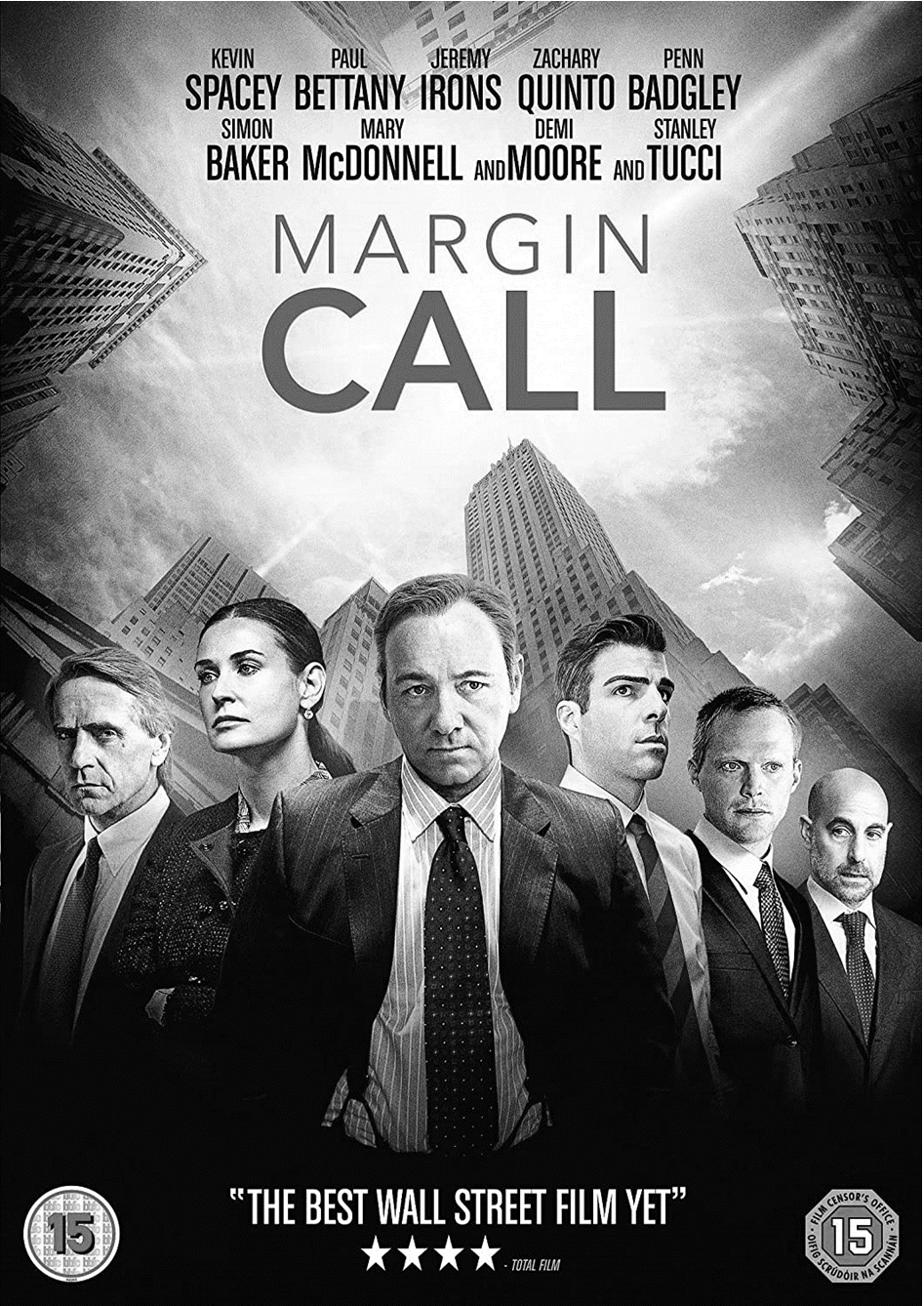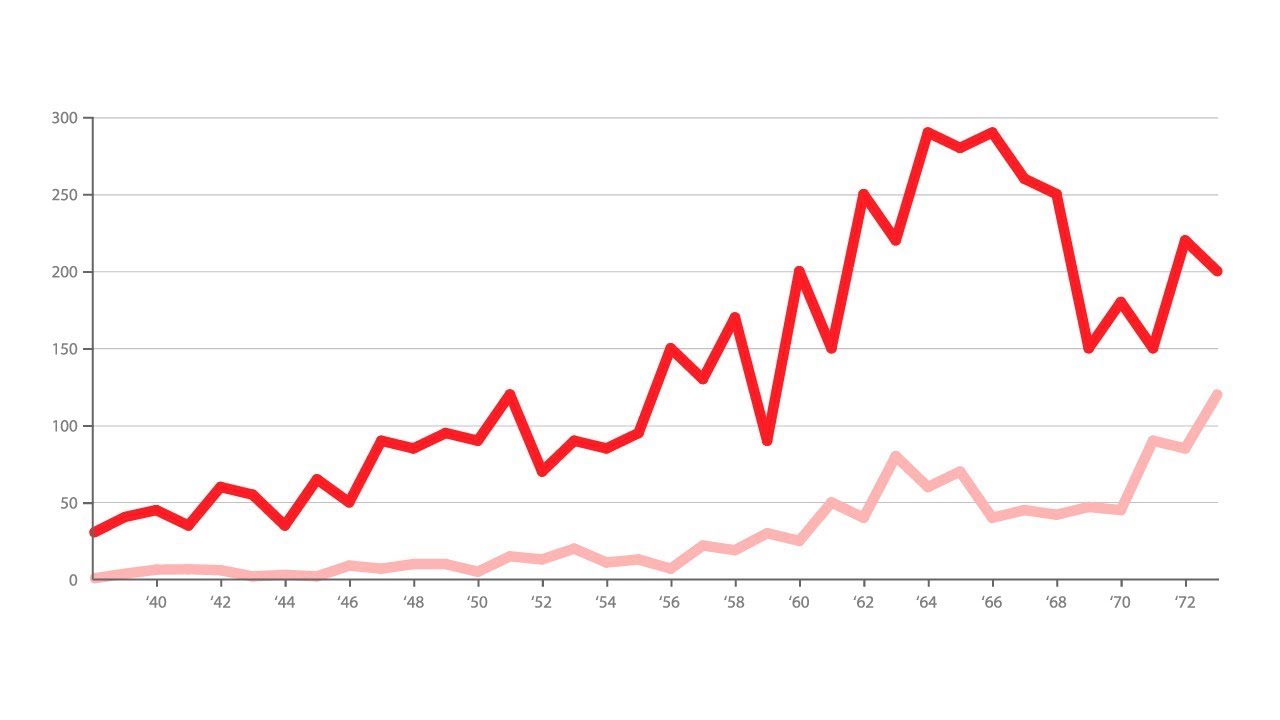MARGIN CALL, USA, 2011

Margin Call Movie Review
Summary:
“Margin Call” is a thrilling film that lets us see inside a large,
prestigious investment bank during the scary 2008 financial crisis. Picture a
location where people in suits decide large sums of money. This movie unveils
the secrets of one dramatic day in that bank’s life.
At the beginning of the story, Peter Sullivan (Zachary Quinto) – a
bright, but a bit anxious analyst, finds a big problem hidden in the bank’s
statistics. It’s like finding a ticking bomb. Bank’s risk management chief,
Eric Dale, played by Stanley Tucci, confirms that something is wrong. This
finding sends a series of shocks to the bank.
It is the great acting that makes this movie special. Spacey was the
first one who became popular, followed by stars like Jeremy Irons and Demi
Moore that are at the top of the line now. It puts you in tension with the
characters who are grappling with a major financial problem. These people are
easy to relate to.
The film does well explain the hard economics stuff. They simply break
it down so it can be understood. You’ll see how the risky decisions in finance
don’t only make trouble for banks but for regular people too. It’s like a
lesson on how the financial world can affect each one of us.
Just like a rollercoaster, Margin Call is suspenseful and dramatic.
These character’s ethical dilemmas cause one to ponder what is right and wrong
in the world of money. This movie presents you with an opportunity to watch the
most critical moment in history from the front row. It’s a roller-coaster, a
learning process, and a thought-prooking that thrills you throughout.
Criticism about Acting and Story
Realization/Implementation
Acting:
One reason why this must-watch movie is “Margin Call” is because of the
incredible acting. It’s like sitting in a front row watching the best actors in
the movie business perform right in front of you. The cast, led by Kevin
Spacey, Jeremy Irons, and Stanley Tucci, is top-notch and the movie is worth
watching.
Sam Rogers, a high-level executive at the investment bank, is portrayed
by Kevin Spacey. He evokes the character’s combination of authority and
vulnerability, so that you experience his plight in steering the ship through
the financial tempest. Spacey is brilliant in the role of a man carrying the
weighty decisions.
Jeremy Irons as John Tuld, the top boss of the firm. The writer shows
Tuld’s cruelty and icy practicality with a frightening intensity. Irons is
magnetic on the screen, and you can’t help but being engulfed into the persona
of profit seeking unapologetically, even if it means exploiting many others.
Stanley Tucci as Eric Dale offers humanity to the picture. Tucci plays a
guy who is in a predicament, and you end up sympathizing with him, thus making
him a guy you root for. This character portrays the inner turmoil of one who
recognizes the effect of his actions.
All the characters, including Demi Moore, Zachary Quinto, and Paul
Bettany, have blended effectively to produce the real world of the bank. They
portray the employees’ stress, fear, and moral dilemmas as they face the
imminent financial disaster.
In layman’s terms, the acting in “Margin Call” is excellent. They create
characters so real that you believe in them, feel the tension, fear, and
ethical dilemmas. Their performances enrich and give authenticity to the film,
making it an engaging and long-remembered cinematic experience.
Story Realization/Implementation:
“Margin Call” is a captivating narrative that even financial novices can
follow. It’s like carefully assembling a puzzle. This film immerses you in the
world of a big investment bank during the crisis year of 2008.
The movie is impressive because it simplifies complex financial matters,
making them understandable to everyone. The everyday words used make the event
clear for all the viewers. It allows you to feel finance’s high-risk
environment and how a slight choice can lead to a tremendous result.
The story takes place over only 24 hours which gives a sense of urgency
and suspense. It’s like an emergency race to deal with a financial catastrophe
which can affect not only the bank but the whole economy.
The story lies in characters and their decisions. You’ll be able to see
the ethical dilemmas they are faced with. It makes you reflect on the choices
made in the corporate world. It displays the human side of this kind of banker
and decisions which they have to make.
Rating:
My rating for “Margin Call” is 4.5/5. It is a wonderful film that
combines a good story with excellent acting. It portrays the financial world in
a remarkable manner, and the moral dilemmas of its characters. It is a film
that sticks with one.
Educational Value:
“Margin Call” provides important lessons for anyone concerned with
finance, economics, or ethics. You will see how risky financial decisions may
affect us all. It’s almost like a rapid education on how the financial world
works and how it could affect our lives.
The film stimulates talks about responsibility of corporations, risk
management and consequences of financial decisions. The book teaches us that
the financial industry choices made by individuals can have extensive impacts.
It is a provocative but educative journey that can assist you comprehend the
intricate world of finance and the ethical dilemmas that come with it.
To put it simply, “Margin Call” is a movie that both entertains and
educates. It is like watching the inner workings of the financial world and
seeing the ethical dilemmas that people face when dealing with money.
Therefore, it is a film worth watching and discussing.
Memorable Scene:
One of the standout moments in "Margin Call" happens during a
late-night meeting in a dimly lit boardroom. The atmosphere is thick with
tension as key characters gather to confront the impending financial disaster.
It's like watching a high-stakes chess match where the players are the bank's
top minds.
The dialogue is sharp and powerful, reflecting the seriousness of the
situation. You can feel the weight of the decisions being made and the
uncertainty of what's to come. This scene is a gripping highlight that captures
the essence of the film, drawing you into the moral and financial dilemmas
faced by the characters.



